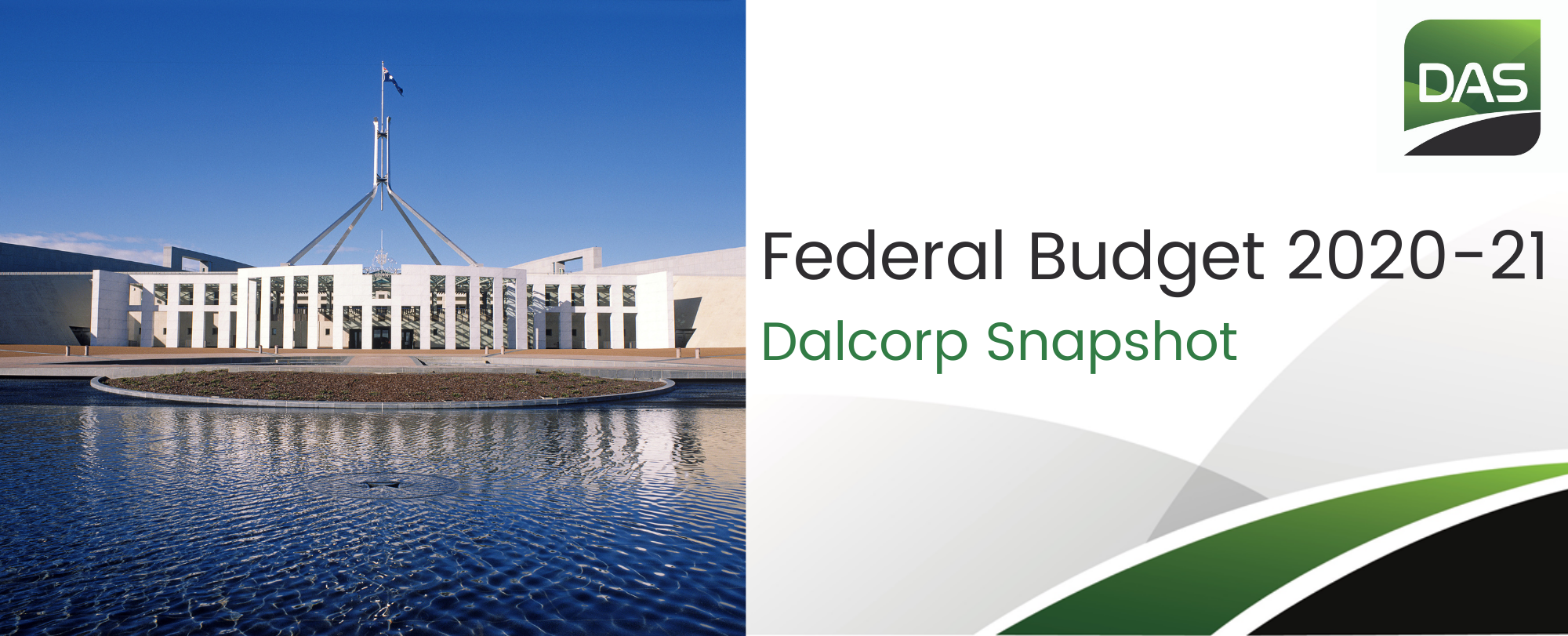
Five key focus points for SME business
Last night, the Federal Government announced more than $30 billion in tax cuts for business as part of its 2020 Federal Budget. Treasurer Josh Frydenberg has unveiled a temporary supercharged instant asset write-off that will see businesses with turnover up to $5 billion be able to deduct the full cost of eligible depreciable assets of any value.
The government’s new JobMaker Hiring Credit is expected to help accelerate growth in employment during the recovery by giving businesses incentives to take on additional employees that are young job seekers aged 16 to 35 years old. The government also announced that it will make Victorian government’s business support grants for small and medium business as announced on 13 September 2020 non-assessable, non-exempt (NANE) income for tax purposes.
Below we cover five key focus points in this years budget that will assist small businesses;
1. Instant asset write-off
SME businesses will get a full tax deduction for the cost of any new asset they acquire from now through until 30 June 2022 (or to 30 June 2021 for secondhand assets).
2. Loss carry back rules
SME businesses that make tax losses in 2020, 2021 or 2022 Financial Years, but have paid tax in 2019FY or later years, will be able to “carry back” the tax losses and get a refund of the tax paid in the earlier years.
3. JobKeeper and JobMaker
At this stage the JobKeeper payments scheme will cease on 28 March 2021. Under the new JobMaker system, a subsidy is available for new apprentices, and for hiring new employees aged between 16 – 35 who have previously been on JobSeeker or similar benefits.
4. FBT Exemption for retraining redeployed employees
The Budget confirmed the Government’s announcement on 2 October 2020 that it will provide an FBT exemption for employer-provided retraining and reskilling benefits provided to redundant, or soon to be redundant, employees where the benefits are not related to their current employment.
5. Personal tax cuts
In the Budget, the Government announced that it will bring forward to 1 July 2020 the personal tax cuts (Stage 2) that were previously legislated in 2018 to commence from 1 July 2022. The Stage 3 tax changes remain unchanged and commence from 1 July 2024, as previously legislated.
If you would like to discuss how your business may benefits from any of the budget measures announced, please contact our firm to arrange a consultation with one of our accountants.

